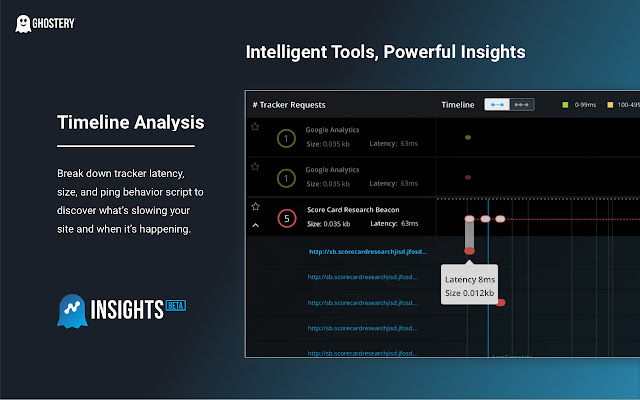
Are Futures Prop Firms Legit or Scams? Unpacking the Truth About the Rapidly Growing World of Prop Trading
In recent years, the universe of trading has exploded in popularity, and futures prop firms have become a buzzword among traders, investors, and even curious newcomers. If youve ever wondered whether these firms are the real deal or just another scam promising quick riches, youre not alone. The allure of high leverage, professional support, and access to substantial capital draws many to dip their toes into prop trading, but the landscape is riddled with questions and skepticism.
Lets dig into what futures prop firms are really about, whether they’re worth your trust, and how they could shape the future of trading—whether you’re into forex, stocks, crypto, indices, options, or commodities.
What Exactly Are Futures Prop Firms?
At their core, proprietary (prop) firms are companies that provide traders with capital to trade financial markets. Unlike retail traders who risk their own money, traders — often talented and trained — get to trade with the firm’s funds, keeping a share of the profits. Think of it as getting a high-powered boat but sharing the journey’s rewards. These firms usually set trading objectives, risk management rules, and profit targets. They might test your skills through evaluation phases, and if you pass, you get funded. The game is simple in concept: your skill equals a shot at bigger gains, and the firm takes a percentage based on your success.
The Legitimacy Question: Are They Real or Scams?
Those questions echo deep in the trading community: are these firms legit, or is it all just hype? Well, the truth is, many prop firms are indeed legitimate businesses. They serve a niche—training traders, offering capital, and creating an ecosystem where skill and discipline are rewarded.
Take the example of established firms like Topstep or FTMO—these have built their reputation on transparency and compliance. They provide clear rules, evaluation processes, and have a track record of paying out traders regularly. It’s not perfect, of course; some lesser-known firms might operate in gray areas, make exaggerated promises, or impose unrealistic rules to keep traders in perpetual evaluation stages. The key? Do your homework. Read reviews, check licensing and accreditation, and ask around the trading community. Remember, any firm promising overnight riches should raise red flags—trading is all about steady skill building and risk management, not magic.
Pros and Cons: The Reality Check
Advantages of Prop Trading Firms
- Access to Leverage and Capital: Prop firms can offer leverage that retail accounts rarely match. This means bigger positions and, with proper risk control, more potential for profit.
- Learning and Mentorship: Many firms provide training programs, mentorships, and trading psychology support—treasures for traders still honing their craft.
- Reduced Personal Risk: Instead of risking your own savings, you’re trading the firms money, which means you’re more focused on execution rather than financial survival.
What to Watch Out For
- Stringent Rules and Evaluation Phases: Firms often require you to pass a trading test before funding. These can be tough, and failure isn’t uncommon.
- Profit Splits and Fees: Understand how much you keep versus how much the firm takes. Sometimes fees for evaluation or data subscriptions can eat into profits.
- Pressure to Perform: The game can be intense, especially if you’re dealing with high leverage. A single mistake might wipe out your account or get you disqualified.
The Big Picture: Industry Trends and Future Outlook
Looking across the broad landscape, futures prop firms are part of a larger movement towards democratizing trading. For many retail traders, the appeal lies in getting institutional-level access without a Wall Street budget. With the rise of online communities, social media trading gurus, and platforms offering easy engagement, this industry is poised to grow.
However, it’s not without challenges. The decentralization and lack of regulation in certain areas mean scams or shady practices could still flourish. Transparency and regulation are slowly catching up, especially in jurisdictions emphasizing investor protection.
When you zoom out, one can’t ignore the momentum toward decentralization via blockchain and smart contracts. Imagine a future where prop trading accounts are managed via decentralized autonomous organizations (DAOs), where transparency isn’t just a buzzword but a built-in feature. Smart contracts could guarantee payouts and enforce rules without middlemen, making scams even harder to pull off.
And then there’s AI-driven trading—algorithms that learn, adapt, and execute at lightning speed. Quite possibly the next frontier, AI could redefine prop trading’s landscape by increasing efficiency and reducing emotional bias. As these technologies mature, we might see a shift from traditional human traders to AI-augmented strategies, making prop firms more competitive and innovative.
Final word? Whether futures prop firms are legit or scams depends on whom you’re dealing with. They’re a real and evolving part of the trading ecosystem, providing opportunities for skilled traders but demanding careful vetting. If you’re eyeing this world, steer clear of the hype and focus on building real skills, risk management discipline, and understanding the ever-shifting terrain of global markets—forex, stocks, crypto, commodities—you name it.
In the end, the future of prop trading is promising, especially with new tech on the horizon. Keep your eyes open, your skills sharp, and remember—true success in trading comes from patience, strategy, and continuous learning. It might be the wild west now, but the best days are yet to come.







